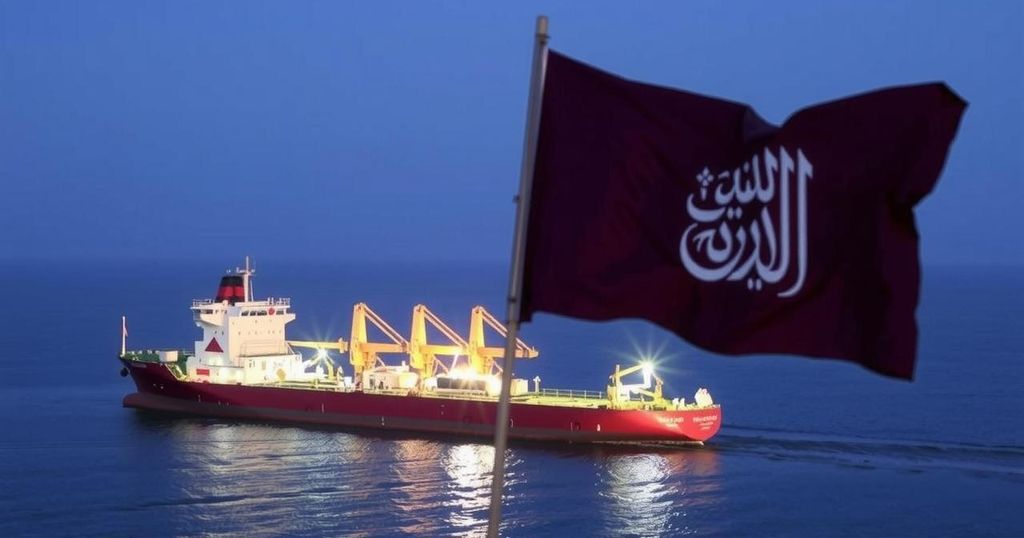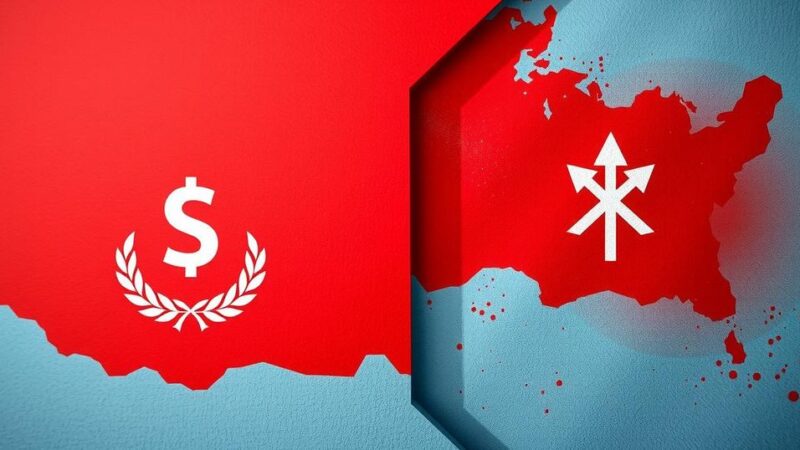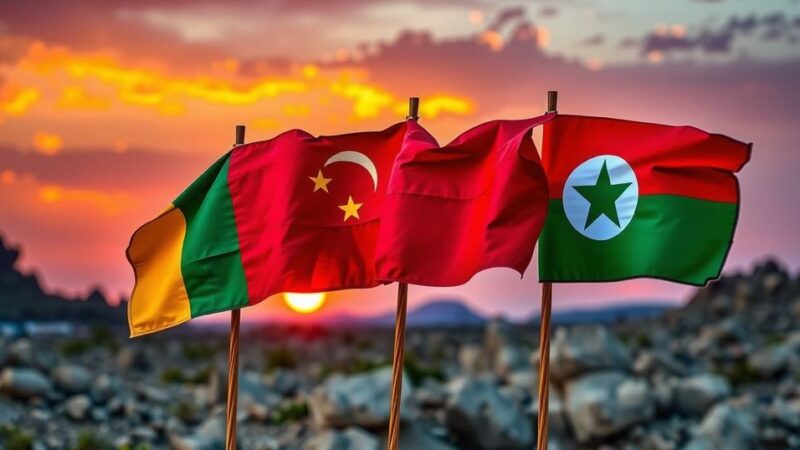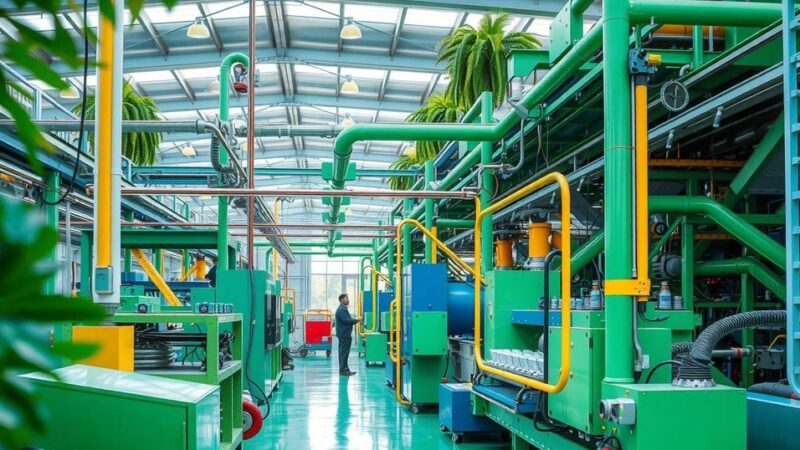Qatar has threatened to cease gas sales to the EU if fined under new due diligence laws targeting forced labor and environmental damage. QatarEnergy chief Saad al-Kaabi emphasized the impact of such penalties on the nation’s revenue. As a leading LNG exporter, Qatar is also expanding its capacity to compete more effectively in the global market, specifically against rising U.S. supplies.
Qatar has expressed its intent to halt gas sales to the European Union if it is fined under the EU’s new due diligence legislation. This law mandates that companies investigate whether their supply chains utilize forced labor or result in environmental damage, with potential penalties reaching up to 5% of global revenue. QatarEnergy’s Chief Executive, Saad al-Kaabi, firmly stated, “If the case is that I lose 5% of my generated revenue by going to Europe, I will not go to Europe. I’m not bluffing,” emphasizing the significant impact such a loss would have on the Qatari government and its people.
Despite these challenges, Qatar, recognized as one of the leading liquefied natural gas (LNG) exporters, aims to enhance its presence in both Asian and European markets as competition from the United States intensifies. The country plans to increase its liquefaction capacity from 77 million tons per year to 142 million tons by 2027, showcasing its commitment to remaining a major player in the global energy market.
Furthermore, Mr. Kaabi indicated that Qatar harbors no apprehensions regarding the potential changes to U.S. LNG export restrictions proposed by President-elect Donald Trump, indicating confidence in Qatar’s strategic positioning within the global energy landscape.
As Qatar navigates these developments, its focus on expanding production capacity while responding to EU regulations will be crucial in maintaining its pivotal role in global energy supply and ensuring economic stability for its citizens.
The European Union is implementing a new due diligence law that requires companies to scrutinize their supply chains for forced labor and environmental harm. This initiative is a significant step towards promoting human rights and sustainability within global supply chains. The law proposes hefty penalties for noncompliance, potentially affecting international trade and the operations of major energy suppliers such as Qatar.
In conclusion, Qatar’s commitment to maintaining its energy sales amidst new EU regulations illustrates the complex dynamics of global energy markets. Saad al-Kaabi’s assertive stance on potential fines underlines the challenges facing LNG exporters and the need for careful navigation through environmental and moral regulations. Qatar’s strategic plans to increase liquefaction capacity further highlight its intent to bolster its position despite escalating competition.
Original Source: economictimes.indiatimes.com






